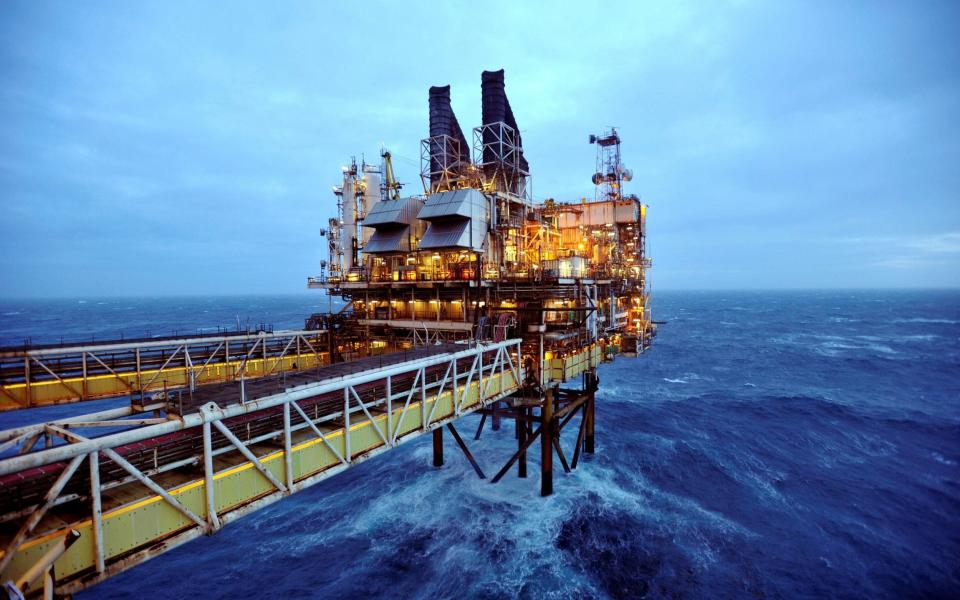Windfall tax would hit energy security and green investment, industry warns

“Opportunistic” calls for a North Sea windfall tax would undermine energy security and harm both the economy and investment in renewables, the oil and gas industry has warned.
Labour’s proposal for an extra tax raid as part of a plan to subsidise household bills would hit an already heavily taxed sector, said Mike Tholen, sustainability director at Oil and Gas UK.
“Opportunistic calls for a windfall tax are in no one’s interest; we need to work together to address both current and future energy challenges. The tax regime is already working effectively with the Treasury seeing significantly higher returns from companies operating in the North Sea,” he said.
“Over the next two years, the Treasury expects an additional £3bn in tax revenue from this industry, with a predicted direct tax take of almost £5bn. The upstream oil and gas industry already pays almost double the rate of corporation tax that other sectors pay.”
The industry pays corporation tax at 30pc, compared with 20pc for most other companies, as well as a supplementary charge of 10pc.
Labour has proposed adding another 10 percentage points to that bill to raise £1.2bn as part of a series of measures the party said could be used to reduce household bills by £200.
The opposition said it wants to target energy producers that have “profited from price rises”.
The call comes as the energy price cap is expected to rise by about 50pc in April, following October’s increase of 12pc.
Mr Tholen said extra taxes would harm moves to invest in green energy.
“Oil and gas companies are leading in the development of carbon capture, hydrogen and wind, and investing billions in green infrastructure across the UK,” he said.
“A windfall tax will damage investor confidence with long-term consequences for the UK economy, UK security of energy supply and the industry’s contribution to developing the sustainable energy solutions of the future.”
Andy Mayer at the Institute of Economic Affairs said the Government tried pushing the supplementary tax higher in the previous decade but found investment and output plunged, underlining the dangers of surprise raids.
“The whole system needs a fundamental review with a reversion to a simpler system with fewer opt-outs, consistent taxation across the different types of energy provision, and a carbon tax to reflect the challenge of climate change,” he said.
Danielle Boxall at the Taxpayers’ Alliance said cutting red tape would help.
"It is understandable that politicians want to help those struggling with high energy prices and the soaring cost of living. However, a windfall tax on North Sea oil and gas would only punish firms for problems that are not of their own making and increase our dependence on unreliable imports,” she said.
"If political parties really want to help they should call to reduce the burden of regulations and taxes that push up the price of energy instead of taking symbolic shots at companies."
A spokesman for the Department for Business, Energy and Industrial Strategy said measures were in place to help with bills.
“The energy price cap is currently insulating millions of consumers from high global gas prices. We’ll continue to listen to consumers and businesses on how to manage the costs of energy,” he said.
“We recognise people are facing pressures with the cost of living, which is why we are taking action worth more than £4.2bn, and supporting vulnerable households through initiatives such as the £500m Household Support Fund, Warm Home Discount, Winter Fuel Payments and Cold Weather Payments.”

 Yahoo Finance
Yahoo Finance 